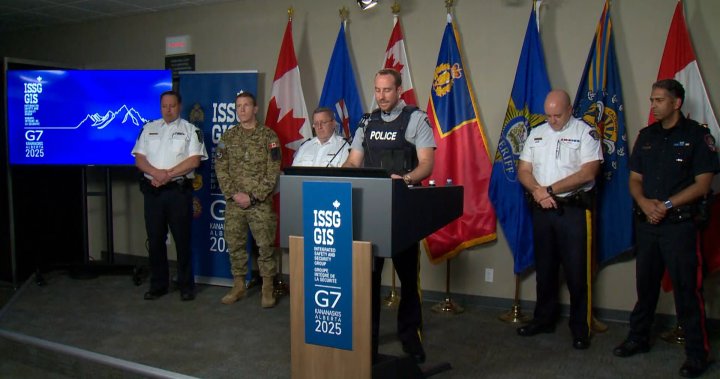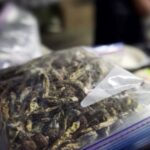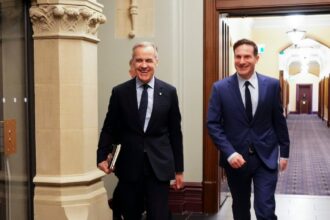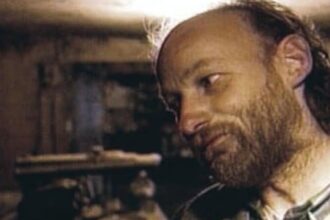The serene landscape of Muskoka has transformed into a high-security zone as the G7 Summit unfolds, bringing with it an unexpected array of challenges beyond diplomatic negotiations. Security personnel have documented over 200 incidents since operations began, with wildlife encounters surprisingly outnumbering protest activities.
Canadian security forces revealed Wednesday that bears, moose, and even a stubborn beaver have created more disruptions than demonstrators at the prestigious international gathering. Despite the significant security presence—involving 2,300 police officers from across Canada—not a single arrest has been made in connection with protest activities.
“The most common incidents our officers are responding to involve wildlife,” explained RCMP Superintendent Scott Blandford during a media briefing in Huntsville. “Officers have encountered bears while on patrol and have dealt with numerous calls about wildlife sightings in secure areas.”
The scale of security measures is unprecedented for the region, with the RCMP leading a coordinated effort that includes the Canadian Forces, border services, and intelligence agencies. Military aircraft, including CF-18 fighter jets, have been authorized to enforce the no-fly zone established over the summit venue.
In one notable incident, a civilian aircraft inadvertently strayed into restricted airspace and was promptly intercepted by military aircraft. The civilian pilot was escorted to land at a nearby airport and, after investigation, was released without charges.
“The pilot was cooperative and had simply made a navigation error,” Blandford noted. “Our response protocols worked exactly as designed.”
The extensive security perimeter spans kilometers around the Deerhurst Resort and has effectively deterred major protest activities. While small demonstrations have occurred in designated areas, they have remained peaceful and orderly. This stands in stark contrast to past G7 summits, which have frequently attracted large-scale protests and resulted in numerous arrests.
Blandford attributes the relative calm to both extensive preparation and the remote location. “The geographic isolation of Muskoka presents unique challenges for large demonstrations to organize,” he explained. “That said, we respect the right to peaceful protest and have created safe spaces for voices to be heard.”
Local resident Sarah McNeill told CO24 that the security presence has been noticeable but not intrusive. “There are checkpoints and you definitely see more officers around, but they’ve been professional and friendly. The biggest disruption has been having to take detours around closed roads.”
Canadian political analysts have noted that the subdued protest activity might also reflect the summit’s focus on Ukraine support and economic resilience—issues that generate less controversy than past G7 agendas centered on trade agreements or climate policies.
The security operation has cost Canadian taxpayers approximately $350 million, according to government estimates. This includes enhanced protection measures for world leaders, sophisticated surveillance systems, and specialized training for security personnel to handle both human and wildlife encounters.
As world leaders continue their discussions behind secured doors, the question remains: does the significant investment in security represent prudent precaution or excessive spending for an event that has proven remarkably peaceful? The balance between ensuring safety and maintaining openness in democratic societies continues to challenge governments worldwide as they host high-profile international gatherings.























